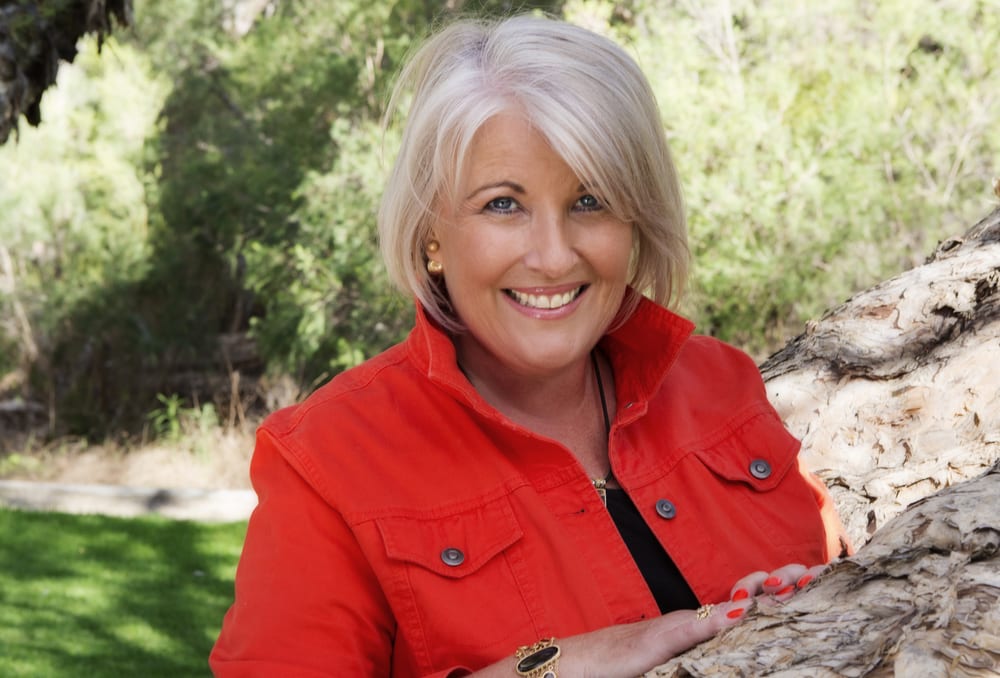Last week I read Judith Sloan’s editorial in The Australian, in which she took aim at the Workplace Gender Equality Agency (WGEA), “It is costing us $6m to ‘solve’ gender pay gap myth”.
It made me angry. It made me very angry.
Sloan took aim at the “socialist” sounding Workplace Gender Equality Agency, which she said “annoys employers by asking them to fill in endless surveys containing badly drafted questions, the answers to which are often known through other sources, like the ABS.”
And then she suggested the WGEA’s $6 million funding was a massive waste of taxpayer money, and the agency should have been done away with when Josh Frydenberg and Kelly O’Dwyer were tasked by former PM Tony Abbott with making a list of organisations like the WGEA — what some call “quangos” — and prioritising them for abolition.
Then Sloan made a number of misleading claims about the nature of the pay gap, which (no great surprise here, given the headline) is apparently a “myth” and simply down to the fact that men work longer hours, they seem to be more in demand, and women “choose” to work in certain occupations with fewer hours in order to balance work with their unpaid caring responsibilities.
Where to begin? Let’s start with the pay gap is a myth argument.
The WGEA’s Director Libby Lyons (pictured above) quickly published a measured response on LinkedIn to the column, in which she pointed out the “ideological bias” and “selective research” contained in Sloan’s piece and defended her agency. It seems the WGEA was not given the right of reply by The Australian.
Their research, Lyons wrote, is unique, which is true. For example, the ABS does not publish the percentage of employers who analyse their pay roll for pay gaps (it’s 37%, up 10% from the previous year). In the context of many governments moving to mandatory equal pay reporting, including the UK where it was recently introduced by a Conservative government, this is very useful information.
Lyons also clarified that the WGEA’s budget is $5 million, not $6 million.
And then Lyons politely but firmly told Sloan her “choice” argument was rubbish. “Women are not willing contributors to the gender pay gap. Agency data shows gender pay gaps exist and persist in every industry, occupation and manager category,” she wrote.
As a seasoned veteran of the “pay gap is down to women’s ‘choices’ wars” (I ran the press office at the UK’s Equality and Human Rights Commission for many years), I would like to add my two cents to Lyon’s points.
Sloan seemed to imply that the ‘left’, for whom the pay gap is a favourite “Leitmotif”, don’t appreciate that like for like differences (paying Bob and Sally differently for doing the exact same job) accounts for a relatively small percentage of the pay gap – i.e. they are blind to the real drivers, like the fact that women are concentrated in certain professions and work fewer hours to juggle work and caring.
Not true. Firstly, those who believe the pay gap is real are not exclusively of the ‘left’. Secondly, they very much appreciate that the pay gap is representative of a number of drivers, including the occupational segregation and the unequal distribution of unpaid caring work Sloan made reference to. They just differ on whether or not these drivers reflect individual women’s “choices” or the structural inequalities and gender stereotypes that pervade every aspect of our society.
The staff and experts at the WGEA are very aware of the complexity of the issue, and that is, perhaps, the real problem Sloan and others have with “quangos” like the WGEA.
Those who attack the WGEA and similar organisations are peddling half-truths and misrepresentations to smear the reputation of non-governmental organisations that highlight inconvenient truths contrary to the ideological position of the government of the day and its supporters.
Don’t like an honest appraisal of the impact of offshore detention on children, let’s call for the abolition of the Australian Human Rights Commission.
Don’t want to accept the reality of man- made climate change, get rid of the Climate Commission.
Don’t care to confront the impact of sugar and tobacco (both big industries) on Australian’s health, do away with the Australian National Preventative Health Agency.
Want to pretend the pay gap doesn’t exist, get rid of the Workplace Gender Equality Agency. Well, that would certainly be a very creative way for the Coalition government to claim credit for making the gender pay gap disappear.
Heck, let’s even put gagging clauses in the funding agreements of non-profits – other purveyors of inconvenient truths – to ensure they are effectively muzzled. And then, as just happened last week, let’s put Gary Johns, a former Labour MP who has criticized charities for voicing their differences with government policy and pursuing public advocacy, in charge of the Australian Charities and Not-for-Profits Commission.
I’m sure all this will all add immeasurably to Australian civil society and the quality of our national debate around important issues.
Sloan’s attack on the WGEA must be seen in this context. Libby Lyons may be understandably politically constrained in her ability to point this out in her response. I’m not.


